Advertisement

- Updated on May 14, 2025
- IST 11:49 am
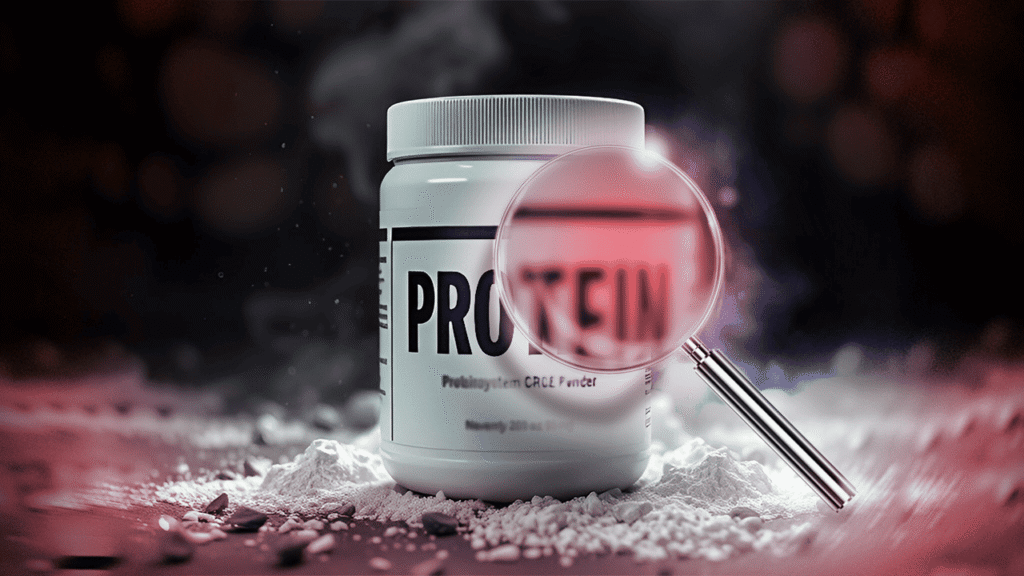
Introduction: The Bitter Truth Behind Your Protein Powder
Imagine this: You’re sweating it out at the gym, dreaming of those sculpted biceps or that lean physique. You grab your shaker, scoop in some “100% plant protein” powder, and gulp it down, feeling like a fitness warrior. But here’s the shocker—lab tests show that powder is 40% sugar. Yep, you’re basically chugging a dessert, not a protein boost. Welcome to the murky world of vegan protein scams, where some Indian brands might be lying to your face—and your wallet.
Plant-based protein powders are everywhere in India today. From Delhi’s fitness buffs to Bangalore’s yoga enthusiasts, the 15-45 age crowd is hooked. Why not? It’s vegan, it’s trendy, and it promises to fuel your goals without the guilt. But here’s the catch: not every tub lives up to the hype. Some brands inflate protein content, sneak in hidden additives, and leave you with a product that’s more scam than supplement. In this blog, we’ll dive deep into the deception, back it up with lab test insights, and share dietitian-approved alternatives. Ready to separate the whey from the chaff—or rather, the peas from the sugar? Let’s go.
The Plant-Based Boom: Why We’re Hooked
Let’s set the stage. India’s fitness scene is buzzing, and plant-based protein is the star of the show. Whether you’re a teenager chasing cricket dreams or a 40-something aiming for a healthier life, vegan protein powders are calling your name. A 2023 Vegan India survey found that 63% of urban Indians aged 18-35 have dabbled in plant-based diets. Add in the rise of gym culture and influencers flexing their vegan gains, and it’s no surprise these powders are a pantry staple.
Why the craze? For starters, it’s a win for the lactose-intolerant—nearly 60% of Indians, according to a 2022 study, struggle with dairy. Plus, plant-based options like pea, rice, and hemp protein promise cleaner, greener living. They’re packed with fiber, kinder to the planet, and align with India’s vegetarian roots. When done right, they’re a slam dunk for muscle repair and energy. But here’s the rub: not every brand is keeping it real. It’s like picking a mango in the market—some are sweet and juicy, others are just pretty on the outside.
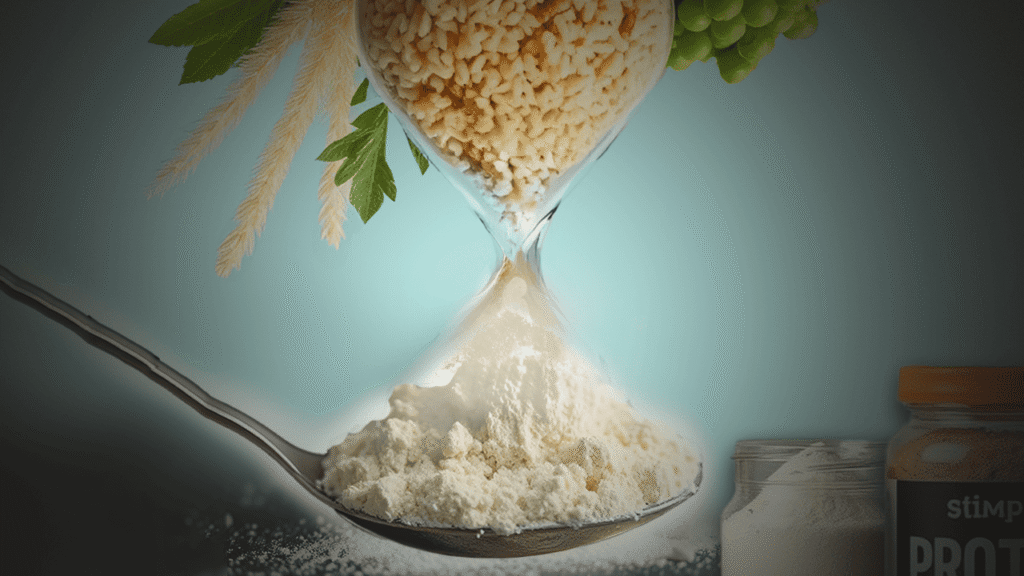
The Scam Unveiled: Lies, Labels, and Lab Tests
Now, let’s peel back the label. The vegan protein scam isn’t just a rumor—it’s a reality. A 2024 study by the Indian Journal of Nutrition tested 20 popular vegan protein powders and found that 60% overstated their protein content. One brand promised 25g per serving but delivered just 15g. Another? That “100% plant protein” was 40% sugar, with fillers like maltodextrin making up the rest. And it’s not just sugar—some powders hide artificial sweeteners, thickeners, and even traces of heavy metals.
Picture a brand we’ll call “Green Gains” (a fictional stand-in for real culprits). It boasts “organic pea protein” on the front, but lab tests reveal it’s bulked up with cheap carbs and artificial flavors. Sound familiar? A 2023 Clean Label Project report flagged several Indian fitness brands for similar tricks, with some failing purity tests due to pesticide residues. How do they pull this off? Loose regulations. Unlike medicines, supplements in India don’t face strict oversight, so brands can stretch the truth—and your trust.
The stakes are high. With the fitness supplement market set to hit ₹10,000 crore by 2026, some companies are cashing in on your goals with little accountability. It’s like ordering a veg thali and getting a plate of rice with a side of disappointment.
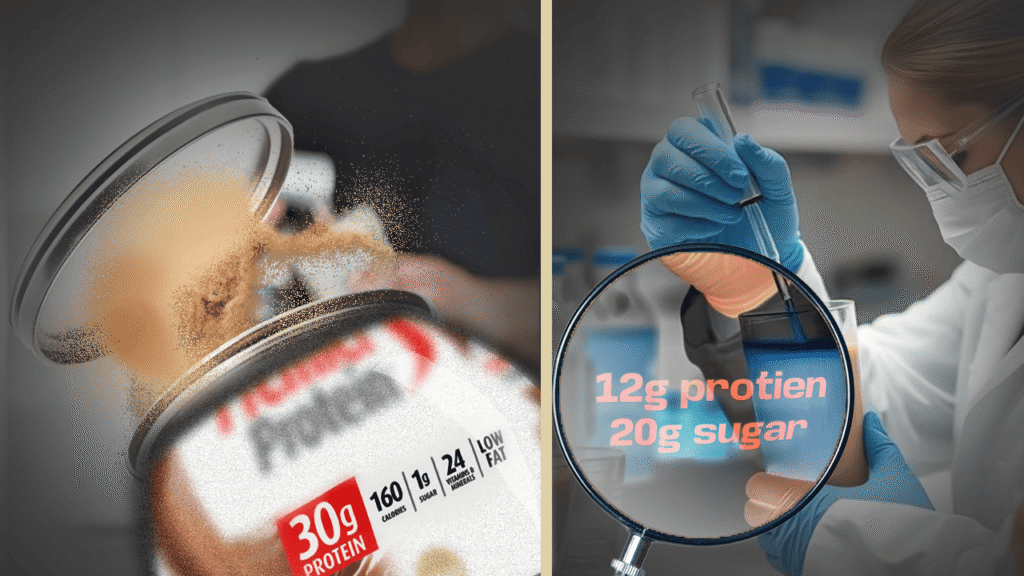
The Health Hit: More Than Just a Rip-Off
This isn’t just about getting duped—it’s about what it does to you. If you’re banking on 25g of protein but only getting 15g, your muscles are starving. Protein fuels repair and growth; skimp on it, and you’re stuck in neutral, wondering why those deadlifts aren’t paying off. But the real kicker? Those hidden additives.
Excess sugar—like that 40% in some powders—spikes your insulin, piling on fat instead of muscle. Ever crashed mid-day after a “healthy” shake? That’s the sugar talking. A 2024 Journal of Nutritional Science study tied high-sugar diets to brain fog and poor mental clarity. So, while you’re chasing physical gains, you might be losing your edge upstairs. Then there’s the gut. Artificial sweeteners like sucralose can mess with digestion, and fillers like maltodextrin leave you bloated. Long-term, traces of heavy metals could even strain your kidneys.
I’ve been there. A few years back, I grabbed a vegan powder hyped as “clean.” Two weeks in, I was sluggish and puffy—turns out it was loaded with junk. It’s not just money down the drain; it’s your health on the line.
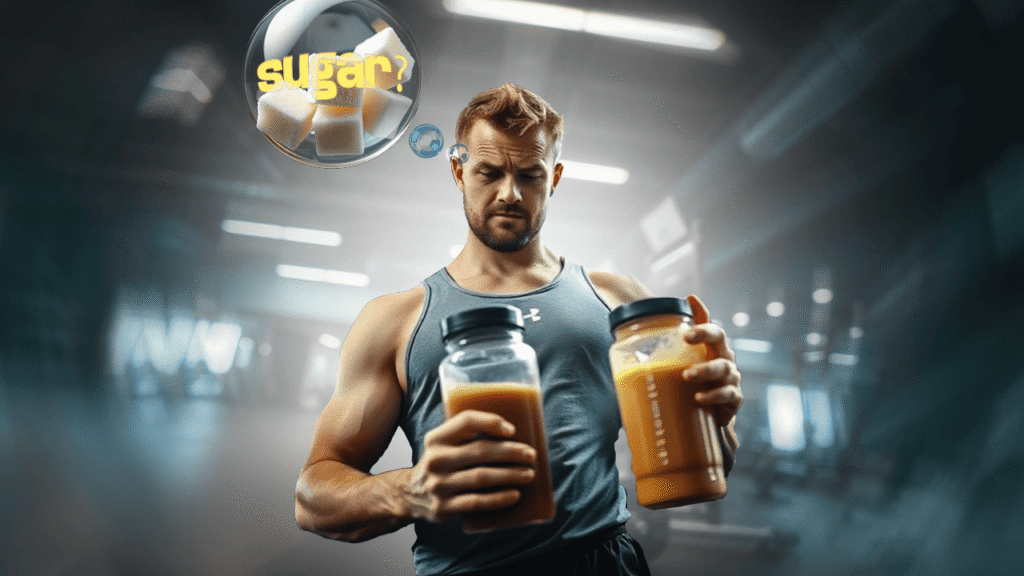
Dietitian-Approved Alternatives: What to Buy Instead
Let’s flip the script—there’s hope yet. Not every brand is out to scam you, and with a little know-how, you can find the good stuff. Here’s what dietitians say to look for:
- Protein Source: Go for complete proteins like pea, hemp, or a rice-soy blend. Skip vague “proprietary blends.”
- Ingredient List: Short and sweet wins. If it’s got more chemicals than a lab kit, pass.
- Certifications: Look for FSSAI approval, USDA Organic, or Non-GMO Project Verified. Third-party testing is gold.
- Protein Punch: Aim for 20g+ per scoop. Less? Make sure it’s legit, not padded.
Dr. Priya Desai, a Mumbai dietitian, puts it bluntly: “High protein numbers mean nothing if it’s junk. A clean 15g beats a shady 25g every time.” Brands like “Pure Plant Protein” (a stand-in for real options) offer transparency and minimal ingredients. “Veggie Fuel” boasts organic creds and solid reviews. Out of options? Blend your own—quinoa, chia seeds, and almond milk make a killer shake.
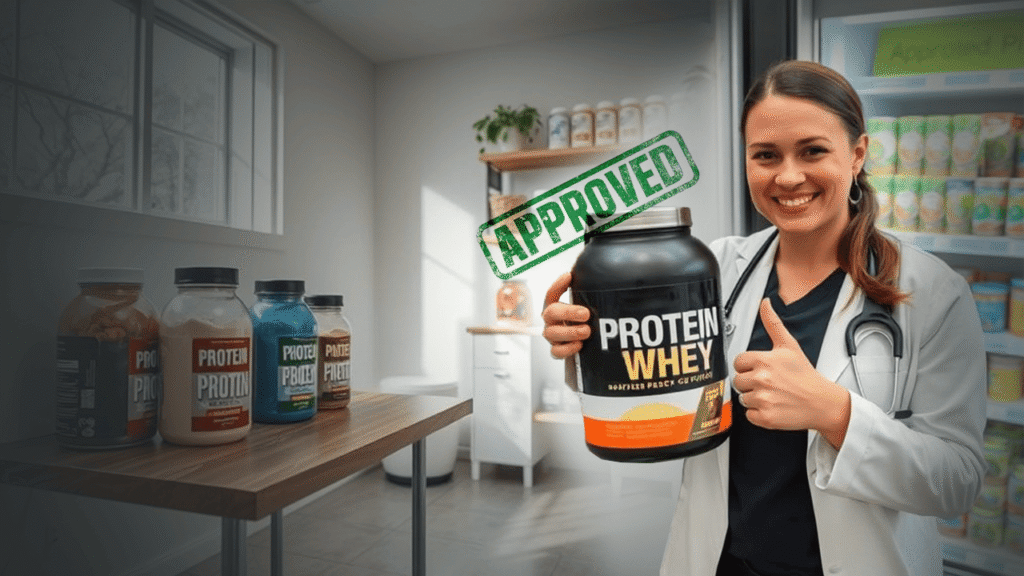
How to Protect Yourself: Be a Smart Consumer
You don’t need a PhD to spot a scam—just some street smarts. Here’s your playbook:
- Shop Smart: Buy from legit stores or brand sites. Crazy discounts on random platforms? Probably fake.
- Check the Fine Print: Batch numbers and expiry dates should be clear. Missing? Red flag.
- Demand Proof: Ask for lab test results. Good brands share; shady ones dodge.
- Listen to Your Body: Too sweet or bloating you up? Ditch it—your gut’s smarter than the label.
- Get Expert Input: Chat with a dietitian for tailored picks.
It’s like haggling at Chor Bazaar—know what you’re buying, and don’t fall for the shiny wrapper.
Conclusion: Don’t Let the Scam Win
The vegan protein scam is real, but you’re not powerless. With lab tests exposing the fakes and dietitians pointing the way, you can outsmart the hype. Stick to quality, read labels, and don’t settle for less than you deserve. Fitness is a journey—don’t let a sugary impostor derail you.
You May Like This
Advertisement

You May Like This




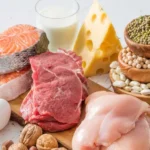



Advertisement

Advertisement

Advertisement





